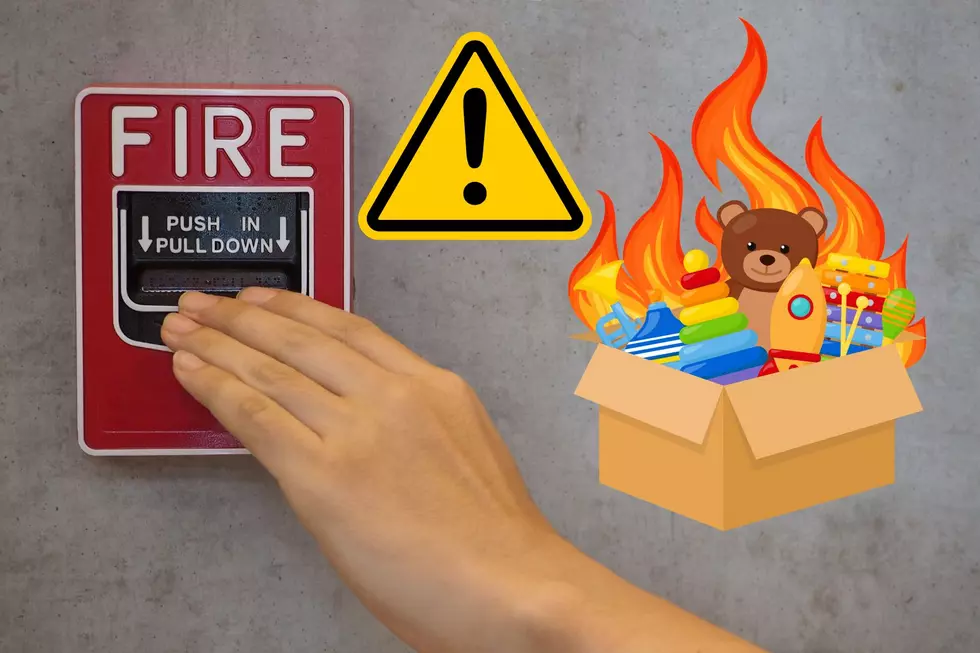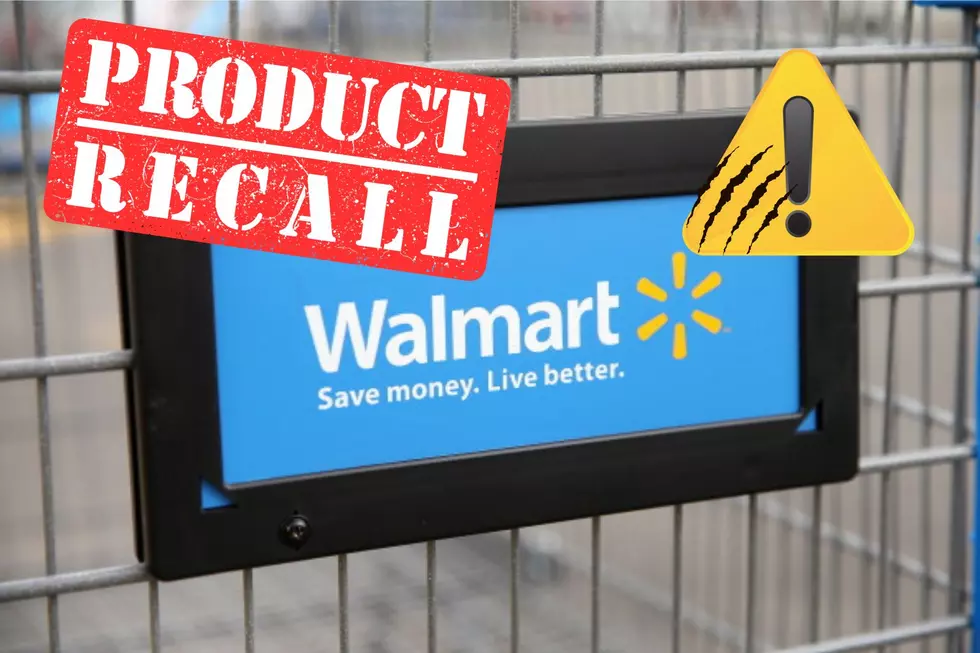
New COVID Variant in South Carolina Has Bizarre New Symptoms
Just when South Carolina thought COVID was winding down, it kicked itself up a notch with a new variant and new symptoms.
New Variant of COVID-19 Raises Concern with Possible New Symptoms
Health authorities around the globe are carefully observing the recent spread of a new COVID variant identified as JN.1, which is gradually establishing itself as the predominant variant. This announcement comes from the CDC, affirming that this strain carries similar symptoms to the prior versions of the virus, including fever, dry cough, headaches, aches, shortness of breath, and loss of taste or smell.
However, there may be more to look out for with this new variant. Despite not being officially recognized by the CDC as symptoms yet, a considerable number of patients who recently tested positive for the JN.1 variant have reported a series of behavioral changes.
2 New COVID Variant Symptoms
Preliminary studies have found that nearly 11% of newly infected patients in the UK experienced insomnia while being sick, though it is yet to be established whether this lack of sleep was directly linked to the COVID infection or not.
Simultaneously, 10.5% of the patients have expressed experiencing increased levels of anxiety during the course of their illness. This surge in worry among the infected individuals is presently being attributed to potential Vitamin D deficiencies, owing to the winter season when the survey was conducted (December 7-13).
Emphasizing that the impact and severity of symptoms generally rely on a person's immunity and overall health rather than the particular variant they are infected with, a CDC spokesperson provided assurance stating that "the types of symptoms and how severe they are, usually depend more on a person's immunity and overall health rather than which variant causes the infection"
How To Stay Safe From The New COVID Variant?
To continue to keep the public safe from this mutating virus, the CDC advised that updated vaccines should offer adequate protection against the JN.1 variant, underlining the importance of maintaining vigilance as COVID-19 remains a potential health threat.

Answers to 25 common COVID-19 vaccine questions
Gallery Credit: Stephanie Parker
More From 97X









